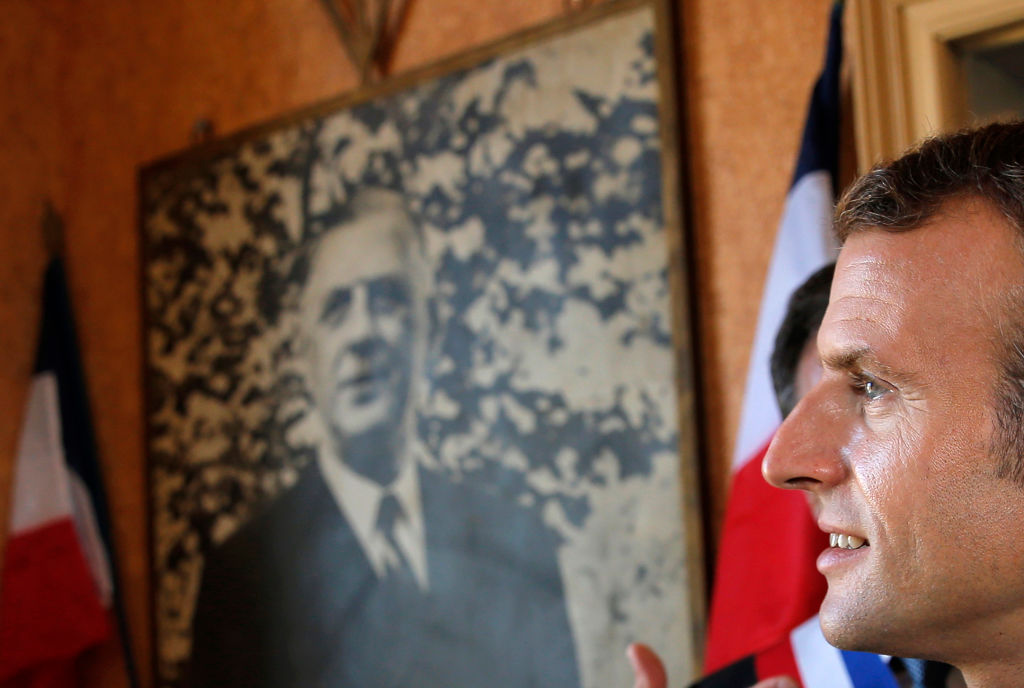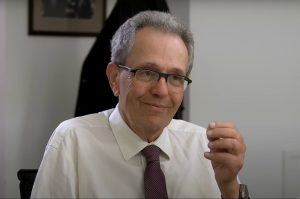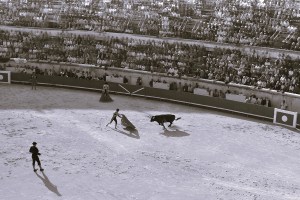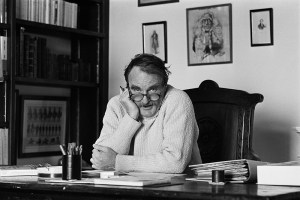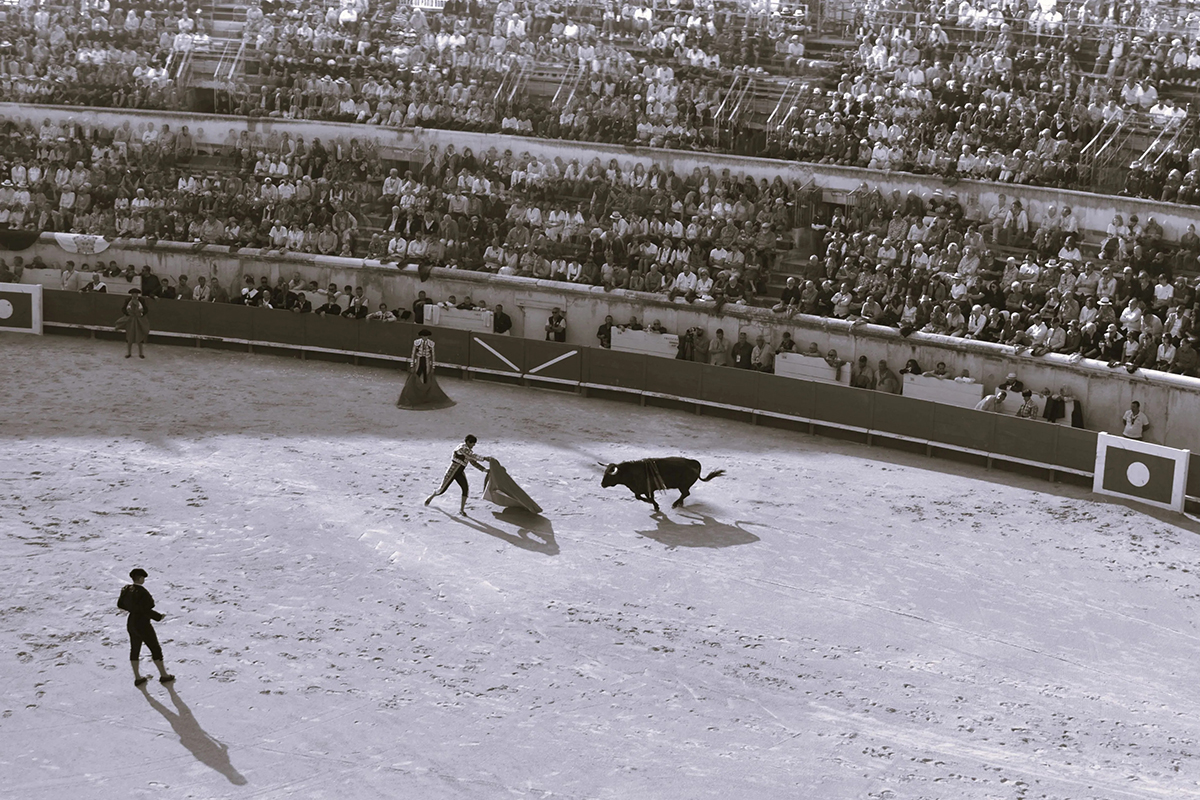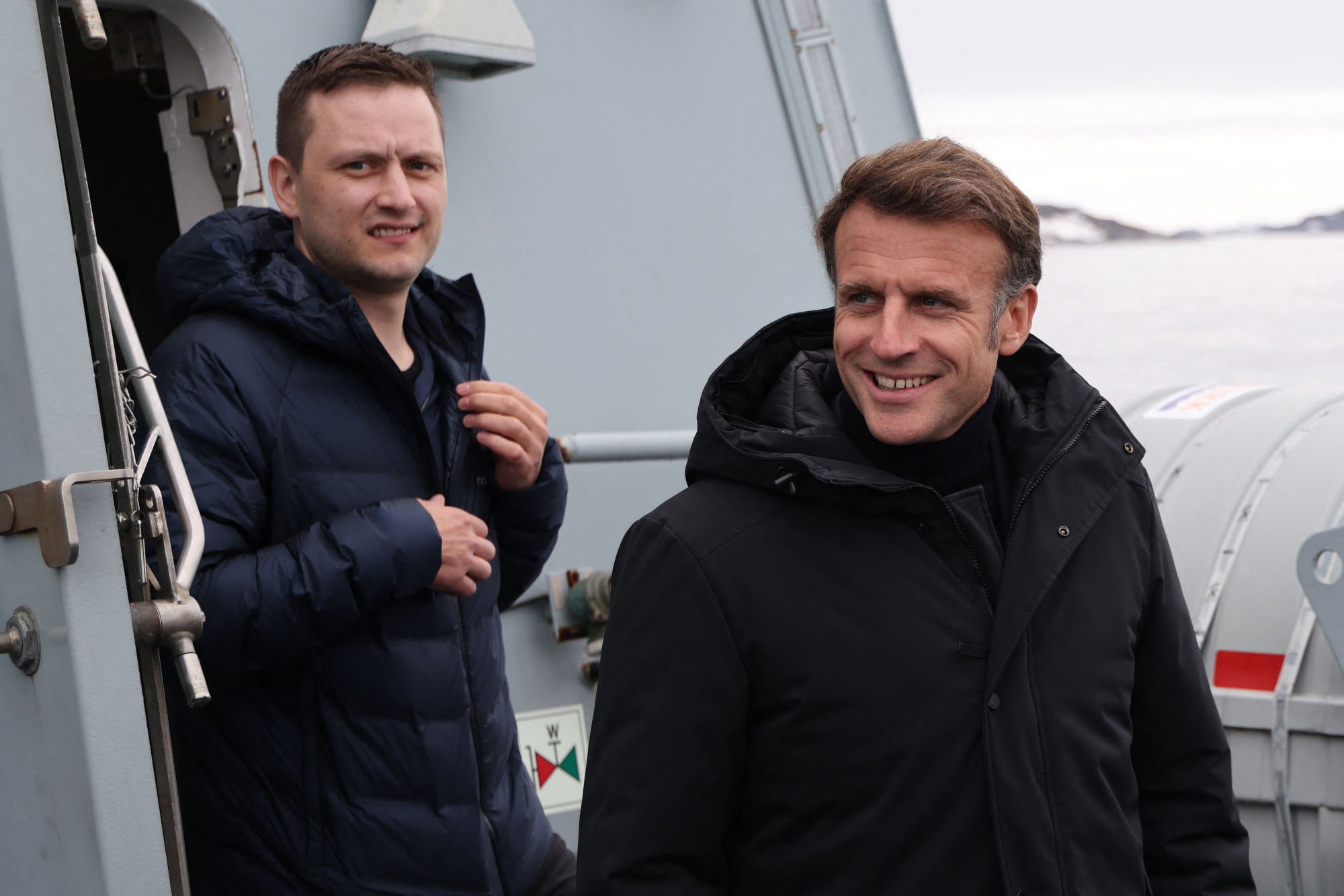It can’t be much fun being a national leader these days. Be it the US, the UK, all are assailed on myriad fronts by coronavirus, widespread societal division and impending economic ruin. But being president of France takes the biscuit.
Since 2014, France is fighting a war against Islamist extremists in the Sahel. Just over five thousand French troops are battling insurgents across five states in an area several times the size of France. France is doing so to hold back the tide of northward advancing Islamist extremists and to block them reaching the shores of the Mediterranean. Despite this being in the interests of the European Union, France fights on with a death toll already over 50. Yet few other western states, let alone the EU, is willing to help.
At the same time, Macron is single-handedly attempting to protect and communicate vital western values of freedom of expression and secularism internationally against an array of Muslim-majority states, from Turkey to Pakistan, which are intent on traducing his words and actions. His struggle is all the more praiseworthy for its absence of support from other ‘allies’ who prefer to look the other way.
If this were not enough, this weekend marks the fifth anniversary of the Islamist terrorist attacks on the Bataclan in France. This terrorism has targeted France from 2012 to the present, bringing the grim death toll to 270. This makes France the worst hit of all western nations. It is on this home front that Macron is also active against a creeping radical Islam: closing radical mosques, deporting convicted Islamist terrorists and preparing legislation for December to protect France against what he calls ‘Islamist separatism’.
This lonely and courageous struggle in defense of French values — and those of the West generally — is simultaneously accompanied by management of COVID. It matters little that the balance sheet here is negative, the energy-sapping toll on a leader is phenomenal. Indeed precisely because it is negative it takes a greater toll.
France, now on her second lockdown, has one of the highest infection rates in the world, with many hospitals at peak capacity and large numbers being airlifted around the country and to Germany. The official death toll of nearly 43,000, is in fact nearer 50,000, given France’s continued administrative inability to count deaths in the home. Were they to be announced — given the already deep dissatisfaction with the handling of the crisis — it would have a baleful impact on the French. In a country that takes to the barricades at a whim, already on Monday 10 percent of teachers went on strike, while some 200,000 locked-down shopkeepers are at boiling point. The president’s latest popularity rating is at 34 percent.
Add to this the death threats to Emmanuel Macron and his wife, as well as the cruel depictions of Mme Macron on international social media, you have to wonder whether he will stand for election again in 2022.
But this week also saw the 50th anniversary of the death of General de Gaulle. Macron privately attended the memorial at Colombey-les-Deux-Églises, doubtless finding solace in the political career of a leader, the epitome of which was solitude in the face of considerable adversity, often from his own people.
Certainly the General had no easy ride as French leader. In 1940, condemned to death by Petain, his mentor, for his ‘treasonable act’ of resistance, he spent the next four years battling alone against the French state, most of the French people, not to mention foreign leaders from Churchill to Roosevelt and Stalin. Even at war’s end, in a liberated and reconstituted French state, he preferred to resign after barely 18 months than accept a constitution he assessed — rightly — as having the imperfections that had led to defeat six years earlier.
Twelve years of political wilderness followed, by which time the General was carried back to power by a quasi coup d’état in Algeria that swept away the unstable Fourth Republic. Then with uncompromising determination he designed the Fifth Republic — a made-to-measure regime for the General — the plinth on which he built France’s international independence and standing and asserted it, so often alone.
[special_offer]
With the 1968 student riots and general strike he was again alone, to the point where he felt obliged to fly secretly to the head of French forces on the Rhine to assess the army’s readiness to come to his rescue if revolt became revolution. Finally at 79, alone again, he chose resignation following defeat in a referendum on Senate reform and departed the stage for good.
It is of course banal to claim that de Gaulle is a great hero of French history. But his stature has grown most in retrospect. Macron knows how the General’s qualities were contested in his lifetime, despite being France’s savior on more than one occasion. But he must also understand that the recipe for that success was fearlessness in being willing to stand alone.
De Gaulle was rarely in his lifetime a unifier, even less a consensual politician. He was a leader who took a line and rarely deviated from it, often provoking considerable opposition. He did not tack and change. There was no en même temps — Macron’s infamous ‘on the one hand and on the other’ modus operandi. Macron may be having a tough time of things. But his illustrious predecessor really knew what that meant.
This article was originally published onThe Spectator’s UK website.



